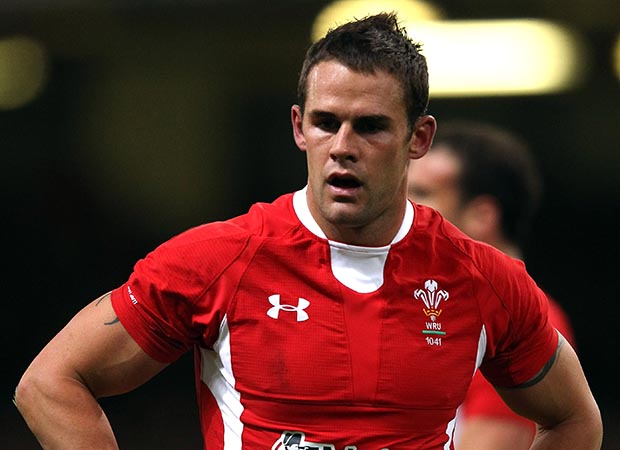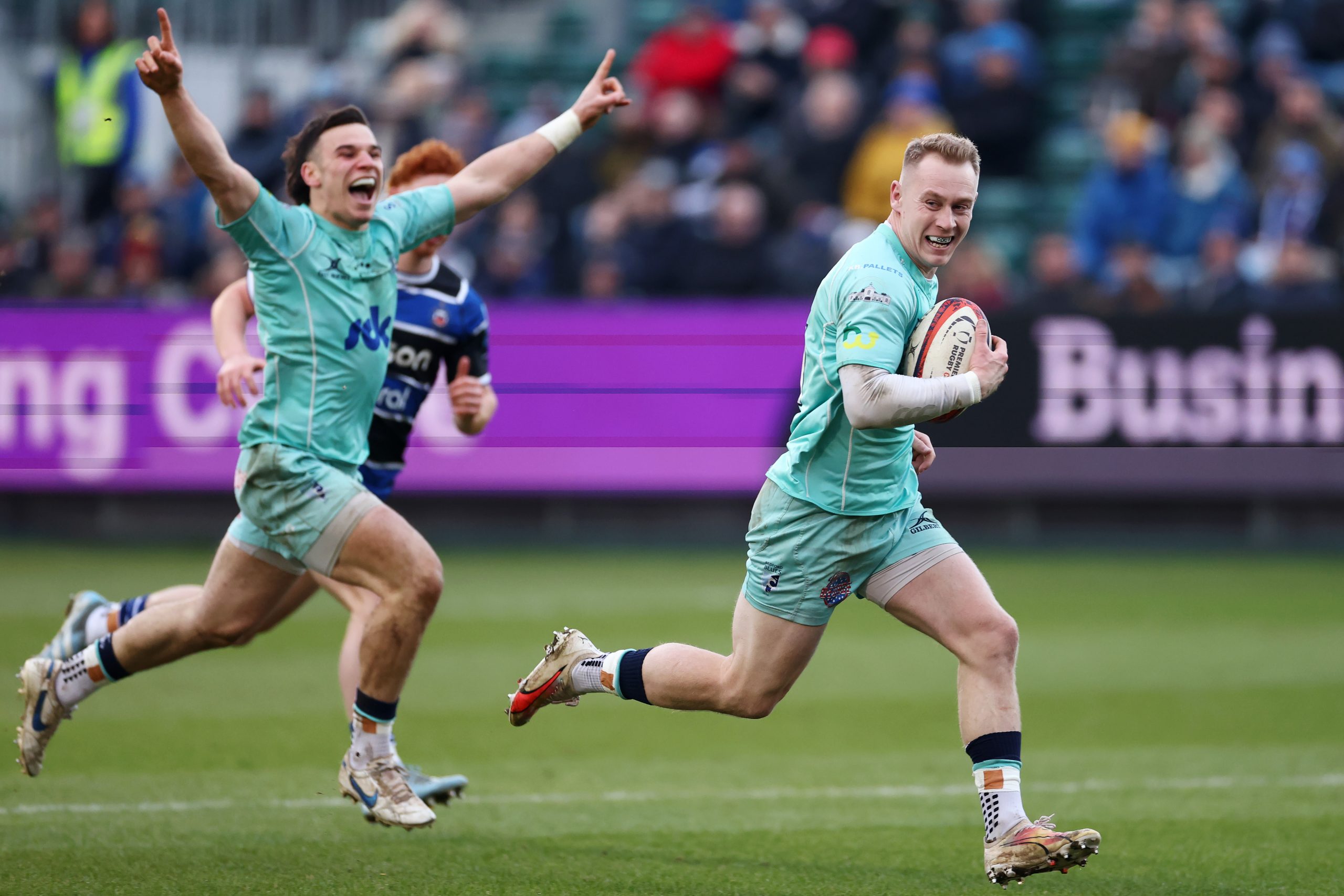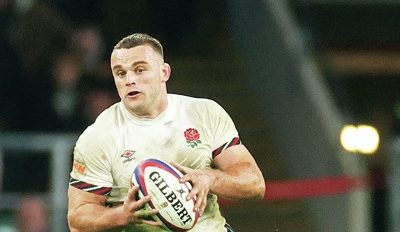 The suggestion that Sonny Bill Williams and Benji Marshall, two of Rugby League’s biggest stars, could be chasing Sevens gold for New Zealand at the 2016 Olympics in Rio has added to the hype surrounding the event.
The suggestion that Sonny Bill Williams and Benji Marshall, two of Rugby League’s biggest stars, could be chasing Sevens gold for New Zealand at the 2016 Olympics in Rio has added to the hype surrounding the event.
But is rugby’s return to the Olympics three years from now via the abbreviated code everything it’s cracked up to be?
There are concerns in the Sevens game that the Rio tournament will not showcase the best of the sport because the qualification system hatched by the IOC and the IRB is not meritocratic.
The format is flawed because the 2016 Olympics Sevens will not feature the world’s 12 best nations. On top of that, by cutting the participants down from the usual 16 teams to just 12, the pressure to qualify is ramped up massively in some regions, including on team GB and other European nations, while others are far less competitive.
The three-stage Olympic qualification process is the root of the problem. Instead of using the IRB’s existing HSBC World Sevens Series as a straightforward merit based route to qualification, with the top 12 nations at the end of the 2015 season earning the right to go to Rio, we have a fudge.
The first stage is to take the first four nations in the 2014-2015 World Series and grant them automatic qualification. The same will also apply to Brazil as host nation.
Qualification for the remaining seven places will then be determined by staging additional regional tournaments to ensure the widest geographical spread. These start in 2015 (between June and September) in each of the IRB’s six regions – Europe, Africa, North America, South America, Asia and Oceania.
There will be one qualifier from each region, taking the numbers up to 11, and a repechage is planned to decide the 12th qualifier. The problem with this system is that it is not based on ability.
For instance, once the first four qualifiers have been decided – based on the 2012-13 World Series they would be New Zealand, South Africa, Fiji and Samoa – the format leaves room for only one team to qualify from Europe and North America.
This means that despite the huge growth and marketing potential for Sevens, and rugby as a whole, in the USA and Canada, one of them will not make the last 11, and their only remaining route will be to qualify through the repechage.
 The same is true in Europe, where, even with the four-in-one team GB creation, there will be huge competition for the single place between the British, France, Italy, Portugal, Russia and Georgia.
The same is true in Europe, where, even with the four-in-one team GB creation, there will be huge competition for the single place between the British, France, Italy, Portugal, Russia and Georgia.
In addition, although in the current rankings Oceania has three qualifiers in the top four, that still leaves Australia, Papua New Guinea (a potential Sevens sleeping giant), and Tonga, to battle for one slot. Should a high ranker like Samoa or Fiji drop down that fight would intensify massively.
By contrast, three of the other regions are much less competitive. In South America and Africa it is almost certain that Argentina and Kenya will stroll in because of the lack of serious opposition, while Asia is the weakest region in overall playing terms.
Yet, Asia will have a place at the Olympic table despite its two leading nations being well outside the top 12, with Hong Kong finishing 16th and Japan 19th in the 2012-13 World Series.
Sevens is a demonstration sport at the Rio Olympics, and it is incumbent on the organisers to make sure that it is seen at its fiercely competitive best. However, under this format there is a likelihood of mismatches in what is meant to be an elite tournament – and cricket scores will do the image of Sevens no favours.
It is a theme which concerns Mike Friday, who resigned as coach of Kenya last week having taken them to fifth in the World Series rankings – one place ahead of England – and would like to coach again.
Friday, who is one of the most successful and knowledgeable coaches on the sevens circuit, has also thrown his hat into the ring to coach team GB. However, he has serious misgivings about the Olympic qualification system.
“It is only a 12 team tournament, and with this system you will not have all the best teams in the IRB World Series competing in it. In a demo sport you should have the 12 best teams, and they have misjudged that.”
Friday says that the near-empty stadium for the 2013 RWC Sevens in Moscow was a salutary warning to Olympic administrators to market the sport strongly, but not to tinker unnecessarily.
“What Moscow proved is that you must have a full stadium, because the engagement with the crowd and the party environment around it is crucial to the whole sevens experience.”
With only 20,000 seats to fill, the Rio tournament will be much smaller than its World Series equivalents in London and Hong Kong, and Friday says he would love to be involved in the GB campaign.
“Being involved in coaching GB would be a wonderful privilege, and Wales coach Paul John and I have worked together already with the Samurai, and I’d happily work with him again.
He adds: “My view is it’s a two-year gig, with a head coach at the top of a pyramid coaching structure which brings the GB men’s and women’s teams under the same banner. That means coaching cross-over and communality on the way you play, conditioning, nutrition etc.”
In the midst of the Olympic maze there are those like Friday who can see a path forward not just for team GB, but for Sevens.




























You must be logged in to post a comment Login